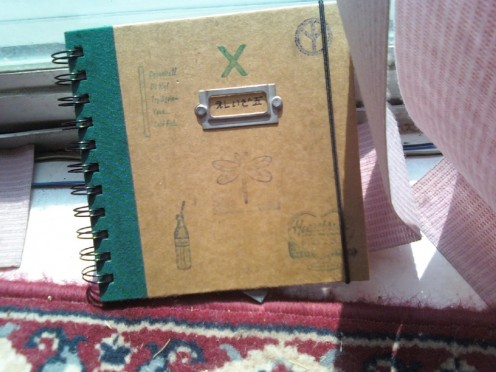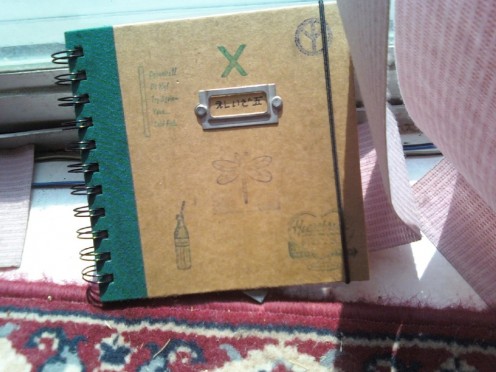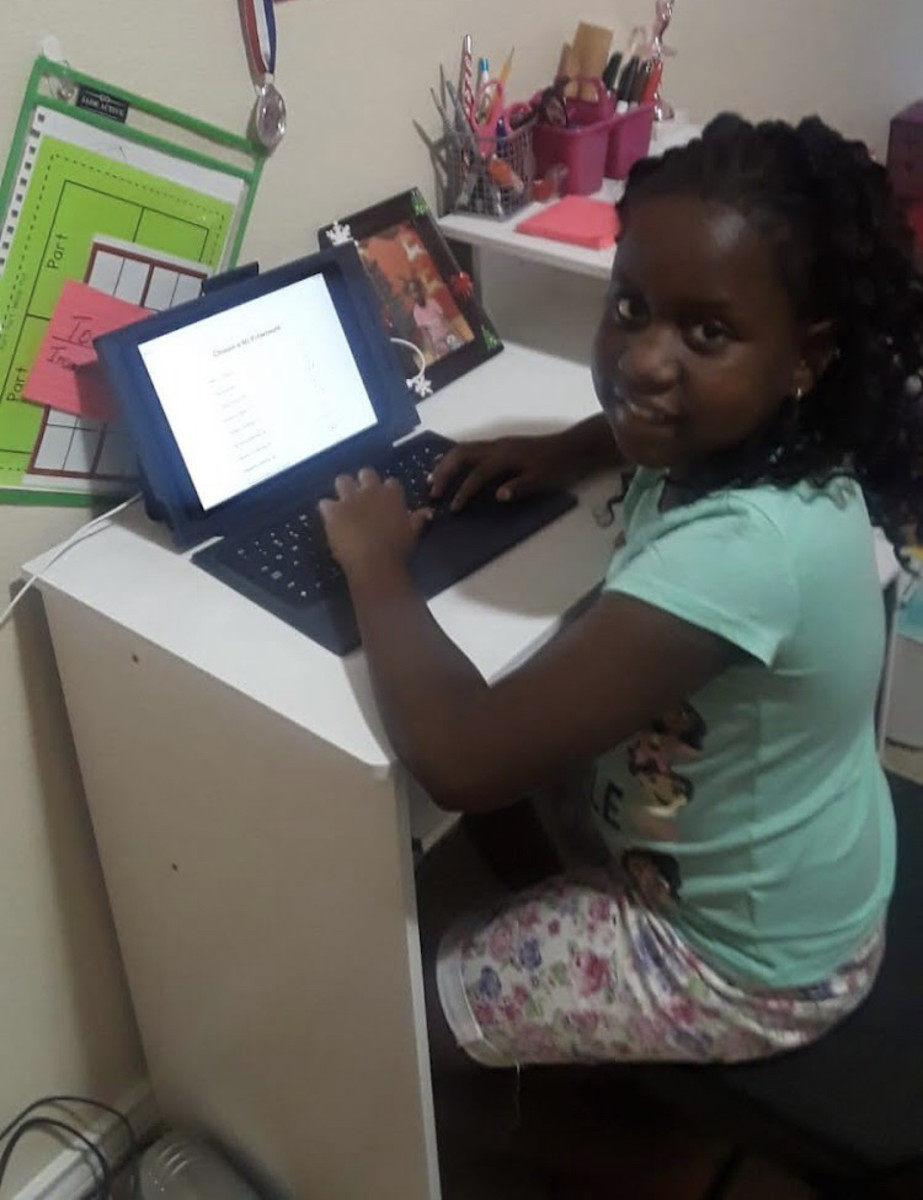Some Tips On Writing
Writings are either hand-written (hand-made) or typed.





Presenting, some tips that could help your writing be more interesting and less like a common paper submitted-by your teachers' previous students.
- Dead verbs in the world of writing. These dead verbs include the most common verbs used. Sometimes, one cannot help but use these dead verbs. However, the use must be limited.
- am
- is/are/was/were
- had/have/has
- be
- been
- take/took
- go/went
- make/made
- do/did
- gone
- came/come
- walk/walks/walked
- run/ran
- -ing words
2. If you're writing a story, tell the story! People sometimes commit the mistake of telling (or writing) a summary right at the beginning of their work.
(e.g. Sam, a twenty-one years old man, lives at a shady apartment down the street for six years. He works at the pizza shop on the next block, and makes sure to drop his dog, Pup, in his friend's house on his way to work. You could start with a: Yawning, Sam opened the door of his shady apartment. "Arf!" greeted his dog, Pup. "Hello, Pup," he greeted back. Then a friend of his came into view. "Evening, Sam," said the man. "Evening. Mike, thanks for dropping him," appreciated Sam. "Don't mind it, my girlfriend has allergies, I must drop him." With a laugh, Mike left. )
Instead of being the guide, you should be a chaperone, side-by-side with the readers and not going ahead of them. However, if an event of no importance happened, you always have the complete authorization to wrote something like: Ben quickly went to the coffee shop and bought his breakfast. Then he stormed to his office. In place of: Sprinting to the coffee shop, Ben waited in the line for his turn to came. The fat lady who always serves the coffee immediately made a coffee for him as soon as she saw him. As he got and paid for his goods, Ben dashed to his office.
3. Have a thesaurus and a dictionary with you. You mustn't overuse words, especially adjectives. If you used the word SAID many times because of a dialogue between two or more of your characters, it would seem redundant. Plus, sometimes, you might use words to replace another word. In some cases, the writer wrote a word with the opposite meaning because he thought that it means the same.
Describing is like adding glitters on a project to get an A. However, if you put too much glitters most of it will just fell. Also, clearly state (not state as write down) whose point of view is being used in order to prevent complications.
4. Be sure to know and do what you want (or supposed) to do or write. When your teacher asked you to write a descriptive paragraph, be sure it is descriptive and not narrative. And vice versa. Even if you made the most excellent piece of writing, if it is not what your teacher asked you, you could still get a high score but not 100. Unless you make another work again.
5. ALWAYS proof-read your work. If possible, ask somebody, a friend or a family member, to read your work. Since you know what is written in the paper, the possibility that you miss a misspelled word is high as well as understanding a sentence that is not clearly understandable.








